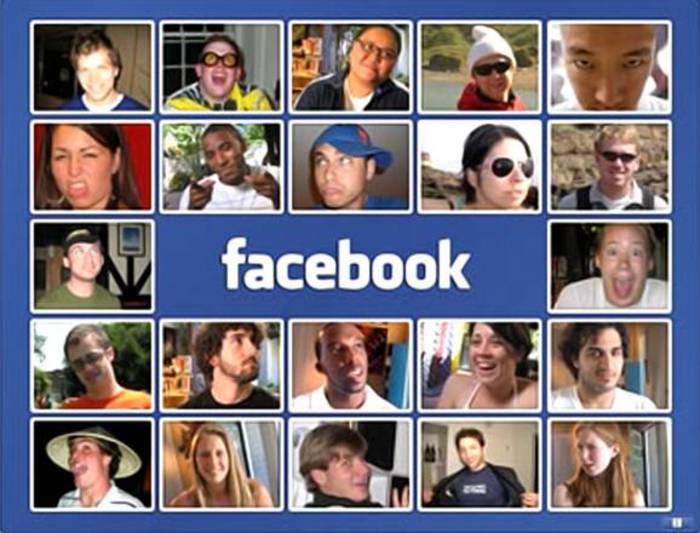- Click to share on Facebook (Opens in a new window)
- Click to share on Twitter (Opens in a new window)
- Click to share on LinkedIn (Opens in a new window)
- Click to email a friend (Opens in a new window)
Editor's Note: Merrill Brown is the founder and CEO of The News Project Inc., a platform that provides technology and services to medium and small news organizations. He was founding editor-in-chief of the television channel MSNBC.com, reporter and executive of the newspaper "The Washington Post", and founding director of the School of Communication and Media at Montclair State University. The opinions expressed in this comment are the author's own. More in the Opinion section, at CNNE.com/OPINION
(CNN) - In a time of pandemic crisis, when we need new voices, new ideas, and more thorough verification of allegations, we are heading into a world of media with significantly fewer media, fewer new faces, and fewer resources.
The consumption of news and the use of online streaming, may be increasing, but now the public needs more authoritative media and important and reliable voices like never before. The covid-19 crisis guarantees that we will end up with less.
That is the result of a media revolution that is being dramatically accelerated by the coronavirus, similar to the one that occurred with the introduction of television, the growth of cable, and the development of the Internet in terms of profound changes. This occurs only in part due to market forces and technological change. But, for the first time, a media phenomenon is accelerating as a result of a global catastrophe.
What we are seeing is a new stage of consolidation of news and entertainment. Many small and medium-sized digital information and entertainment companies are going to give up, or be gobbled up by big business as a result of the collapse of advertising support and the limitations of consumers' pockets in the economic downturn.
But it's not just that. Consolidation, especially consolidation built on human and economic horror, and not new technology, economic growth, or product innovation, will almost certainly mean fewer credible voices, less high quality, new news and entertainment options, more use of existing programming. by networks and by distributors, and more low-cost options.
"We will see how the coronavirus accelerates the trend of digital media for many years, making everything more and more like the old media oligopoly," industry consultant Howard Homonoff told me in an interview.
Companies likely to be gobbled up and merged or closed include: newspapers, large-scale and even smaller news sites that rely on advertising and new second-tier television programming networks, and low-rated legacy networks, which will have Difficulty doing it on your own. They are at risk in this process, but so is the collective psyche.
It's certainly important that Amazon, Google, Comcast, Disney, AT&T, and a couple of other media giants (CNN is a division of WarnerMedia, part of AT&T) stay healthy and vibrant, even when others around you collapse. These large companies provide us with vital services such as Internet delivery and access, as well as news and entertainment, and they do so on a global scale. But there is nothing good in all of this for media consumers seeking more voices in our political discourse, or for emerging creative talent seeking platforms.
While the rise of broadcast media such as Netflix has created new markets for television and film, streaming services and cable networks that seemed to be booming when 2020 began, will contract as Movie theaters collapse for not even being able to open their doors, as producers rush to finance television shows in a severe economic downturn.
Meanwhile, the local newspaper industry may be doomed. "The conventional wisdom was that press revenues still held the newspaper industry together," said Dave Morgan, CEO and founder of Simulmedia, a television advertising platform, in a recent interview. "Now that will fall apart." Perhaps, Morgan suggested hopefully, as we notice the already certain contraction in the daily newspapers, there is a "positive side": the accelerated collapse will lead us to the next and we will need media and publicity to guide us through this crisis. "The media has never been more important than it is now."
Despite people's growing interest in reading more information in the midst of the pandemic, newspapers are reducing staff and even stop going out for a few days. In addition, the audience of news networks has increased more than 50% and the downloads of applications for all types of media have increased. At the same time, pilot TV development is lagging behind, and new show development efforts, now stalled, will not pick up anytime soon.
Industry experts had forecast an expansive future for broadcast services. The New York Times described the rise of online streaming in November as a "seismic shift" in the way Hollywood does business. But even with the rise of the television audience due to quarantine, the future of new streaming services and of new artists remains uncertain.
"The entire television industry will be restructured," Morgan noted in the interview. “There is not enough subscription revenue to support multiple transmission networks. They were being subsidized by the capital markets. That support will not be there, but I hope they will see more advertising support on these services ”to fill the gaps and stabilize their business prospects. Furthermore, Morgan notes, The Walt Disney Company's ability to subscribe to new services like its own Disney + with huge profits from the now closed theme parks is out of place in the near future.
So fewer channels, fewer newspapers, and digital media struggles, even as an aspirational world of small-scale digital news startups emerges to take the place of big publishers.
But even for the US Centers for Disease Control and Prevention. it is clear that we need public sources and confirmation from the media to make decisions and verify what they tell us. What could be more important right now?
The CDC, last year, in an article entitled "The Psychology of a Crisis" stated that we need validation of fresh, familiar, credible and local voices in times of crisis. "We remember what we see and we tend to believe what we have experienced," says the document. "During crises, we want messages to be confirmed before taking action." This confirmation is received when those in crisis “change television channels”, when we call friends and family, when “we turn to a known and credible local leader to advise us” and verify what our contacts on the networks say social. "This first confirmation, before taking action, is very common in a crisis."
A world with fewer authoritative and validated voices, fewer channels, and fewer media is to come after the coronavirus era. Fortunately, as is often the case, new media, probably digital, in our cities and neighborhoods, covering vital issues, will continue to grow and fill in the gaps in our community. But until that happens, in the period just ahead we will be more and more alone.
coronavirus









